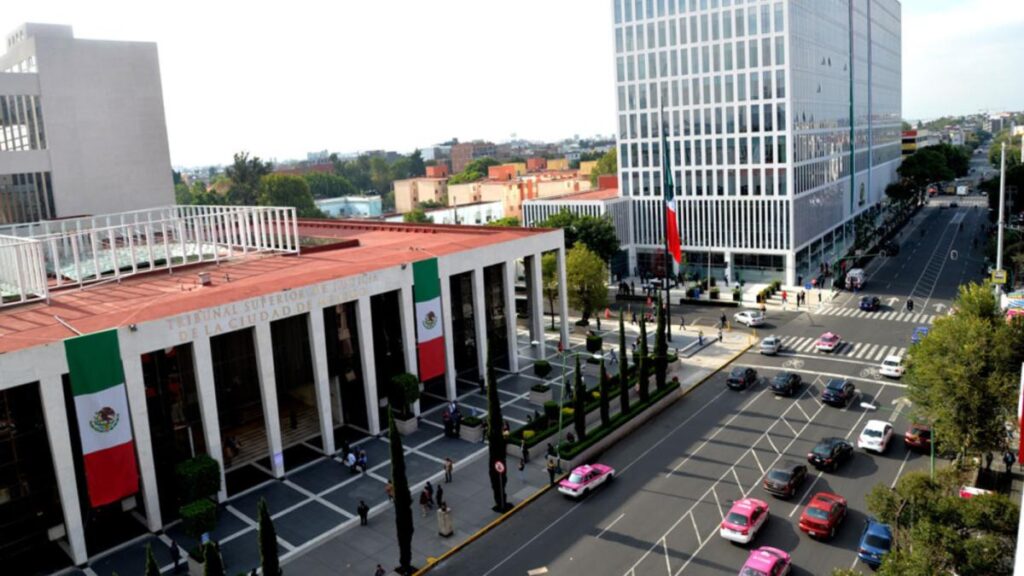Background on the Strike and Key Demands
Following a period of vacation, the employees of the Mexico City Judicial Power are set to resume work after a 43-day labor strike that exposed the dissatisfaction among the workforce and the backlog in administrative justice tasks. The strike, initiated on May 29th, involved approximately 11,000 workers who demanded a 7% salary increase, improved working conditions such as reduced workload, the regularization of certain employees who had been overlooked for years, recognition of seniority, worker participation in budget planning, and a bonus.
Key Figures and Their Roles
Rafael Guerra Álvarez, the President of the Tribunal Superior de Justicia de la Ciudad de México (TSJCDMX), has been at the center of this controversy. Appointed in 2019, his leadership has been marked by controversial decisions that have negatively affected the institution and, consequently, the citizenry.
Unresolved Issues and Consequences
Despite various agreements and commitments from Magistrado Guerra Álvarez, workers claim that the terms of the July agreement have not been fully met, leading to the ongoing strike. One major unmet demand is the payment of overtime hours, which initially sparked the labor stoppage. The strike exacerbated existing issues such as a backlog in case processing, shortages of judges and staff, excessive workloads, and a lack of necessary tools to perform their duties.
Quantifying the Impact
During the 40-day strike, around 48,000 scheduled hearings went unattended. Over a million petitions and more than four and a half million individuals were affected by the delay in processing. Comparing data from January to April 2024 and 2025, there was a decrease in the number of cases filed and concluded. In 2024, there were 111,077 cases filed and 53,750 concluded; in 2025, these numbers dropped to 97,963 and 42,208, respectively. Similarly, the number of initiated processes decreased from 77,172 in 2024 to 59,196 in 2025.
Sentences and Their Decline
The number of sentences that took effect also declined, from 11,008 in the first four months of 2024 to 7,402 in the same period of 2025. Hearings conducted during this time also decreased, from 80,368 in 2024 to 72,082 in 2025.
Key Questions and Answers
- Who is Rafael Guerra Álvarez? He is the President of the Tribunal Superior de Justicia de la Ciudad de México (TSJCDMX), appointed in 2019.
- What were the workers’ key demands? The workers demanded a 7% salary increase, improved working conditions, regularization of certain employees, recognition of seniority, worker participation in budget planning, and a bonus.
- What impact did the strike have on case processing? The strike resulted in unattended hearings, decreased case filings and conclusions, and a decline in the number of sentences that took effect.






